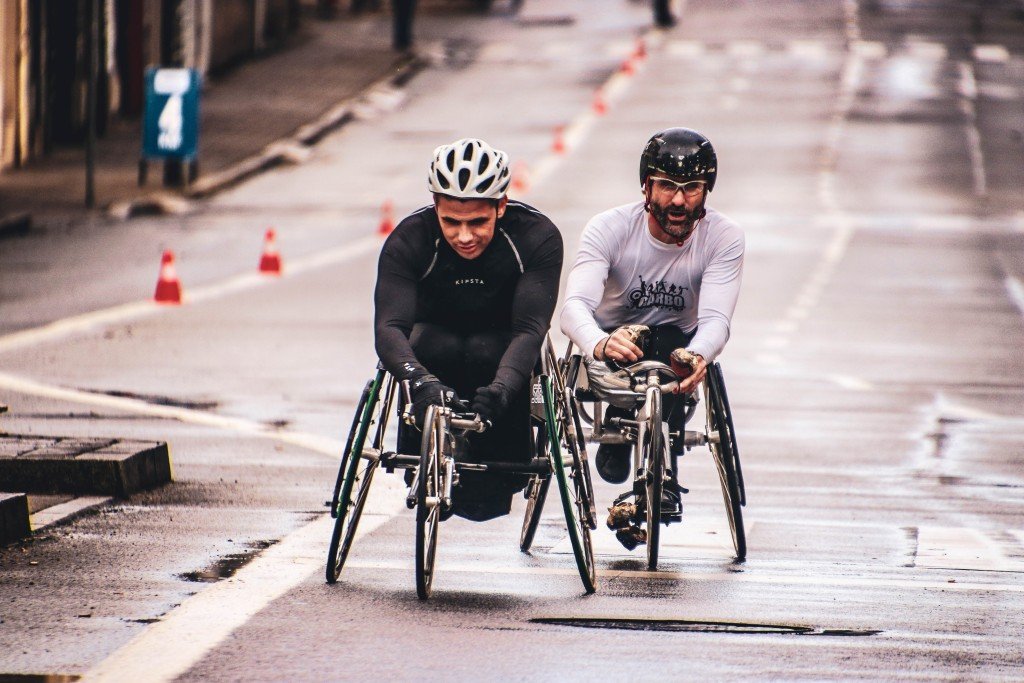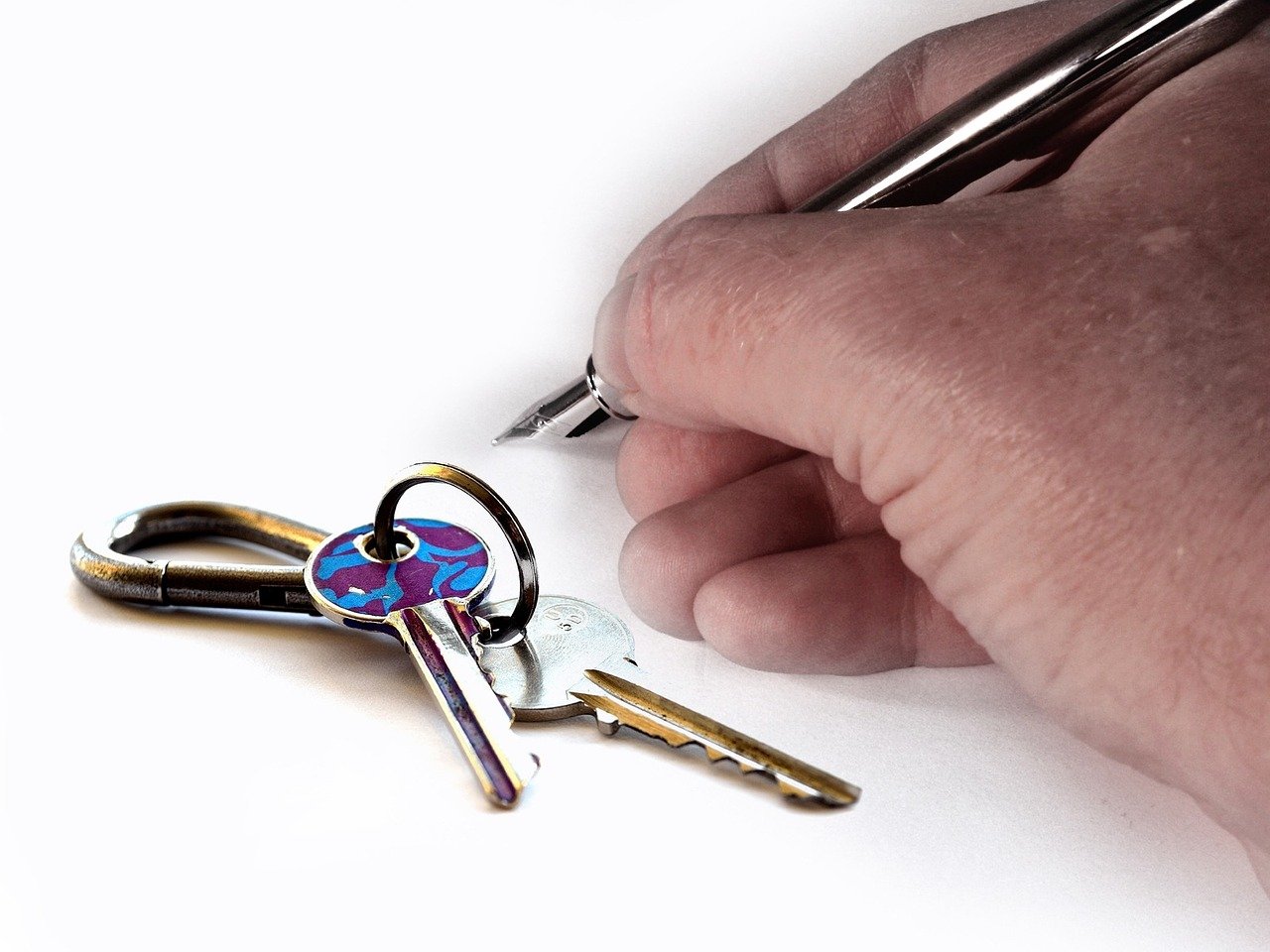Life can be full of surprises and twists and turns, some much more welcomed than others. You might anticipate some, and there are others we would much rather not even entertain. Developing a disability later in life is a twist we’d rather not imagine. It can be one thing to be born with a disability and another to develop one later in life. If you’re in the early stages, you might feel like adjustment isn’t possible. It can feel like your life has turned upside down, and you’ll never be able to adapt fully. However, acquiring a disability doesn’t mean you won’t be able to adjust or live your life proactively. By taking the right steps, you can make the most of your situation and live a healthy, fulfilling life. It can be challenging to figure out where to start, though, and that’s why we’ve put together a comprehensive guide to help you adjust to your disability. Keep reading below to learn more.
Seek professional help
This is undoubtedly the most vital aspect to consider when trying to adapt to a disability. The circumstances you are in can be too challenging to handle alone, especially without any professional guidance. You can experience a ton of uncertainty, and you might not know how to start adjusting and what’s right and wrong. Seeking professional help can show you a much clearer picture of what you can do to make adjustments easier.
Rehabilitation counseling is one of the most effective forms of therapy for those suffering from physical, mental, or developmental disabilities. A rehabilitation therapist can help you ease into your new life, one step at a time. With there being many different kinds of therapists available, you may be wondering what is a rehabilitation therapist and how they can help you. These therapists can offer vocational training and assessments and develop tailored treatment plans to help you adapt to everyday life. With their help, you can figure out the best way to adapt to your current circumstances.
Modify your home
Home modification is an important aspect to consider as you start adjusting to your disability. You might find that a lot of the things in your home aren’t accessible to you anymore, and this can impair you greatly in your everyday life. Not only can you find it harder to get around and get things done, but certain aspects can also pose a safety risk. Thus, making your home disability-friendly is vital.
There are several ways you can adjust your home. These can obviously depend on your particular condition, but several common adjustments include lowering countertop heights, adding ramps and railings, and widening doorways. These adjustments are more suitable for those with mobility-related problems. Railings can be exceptionally useful if you have a vision-related disability, too, and can help you safely maneuver. Moreover, modifying sockets, adding non-slip flooring, and removing any sharp edges can also be beneficial. You can also consider adding more tactile items alongside more user-friendly items and appliances throughout the house.
Prioritize your health
After you develop a disability, you might adopt an unhealthy approach to health, given that much has changed. It can be challenging to go about life as you once did, but that doesn’t mean you need to neglect your condition entirely. In fact, keeping yourself active and healthy can make adjusting to your disability much easier and give your body increased strength and vitality to recover. Exercising as much as you can regularly help build up your body’s strength and can help it heal.
Moreover, eating healthy can make a huge difference too. Eating antioxidant-rich foods while cutting out highly processed and sugary items can build up your immune system. Having a disability can put you at an increased risk of developing several conditions, such as obesity, heart disease, diabetes, and respiratory issues too. However, you can easily mitigate this risk by keeping yourself active and following a clean diet.
Focus on the positives
It can be a jarring change to return to everyday life with an acquired disability. In the start, it can seem like there’s not much you can do anymore, and life can start feeling suffocating and limited. However, the reality isn’t as bleak as it seems. Millions across the globe lead happy, healthy, and fulfilling lives not despite their disabilities but because of them. It’s important to focus on the positives and see yourself as differently abled, not lacking.
Adjusting to the change can be hard the mental and physical burden can be immense. However, reframing your life in light of your current situation is important. Modern medicine has led to several protocols which can make it easy for you to maintain your independence. Your disability doesn’t have to mean that you can’t achieve your dreams and live your life anymore – just that you have to make a few tweaks. Focusing on the positives and looking for proactive solutions can help boost your mental health immensely.
Find support
When it comes to disabilities, we often talk about the physical aspect. However, having emotional support is just as important, and without it, it can be challenging for you to start healing. Having friends and family, you trust and can confide in is vital. There can be a lot of frustration, anger, and grief in the aftermath, and sharing that, instead of bottling it up, can be very cathartic.
Moreover, it’s important to have people around you who can help you relearn how to go about everyday life. No matter how determined you are, in the start, you will experience some loss of independence and will need people who can help. This emotional and physical support can be integral in the early days and can remind you that no matter what happens, you aren’t alone in this journey. Of course, if you experience overpoweringly negative thoughts, then seeking professional help can be necessary.
Conclusion
Living with a disability can initially seem like an uphill battle. You might feel like there’s no respite from this challenge and no way to come out on top. However, by following these tips, you can ease yourself into this transition. These tips can help you lead a positive life with your disability and make the most of your life. When you take the right steps, you will never feel held back or impaired.













